Awaab’s Law and the Private Rented Sector
The tragic death of 2-year-old Awaab Ishak in December 2020 brought the devastating impact of untreated damp and mould into sharp focus. Awaab’s case, involving prolonged exposure to mould in his family’s social housing flat in Rochdale, led to the introduction of Awaab’s Law in the social housing sector.
Now, as the Renters’ Rights Bill progresses through Parliament, Awaab’s Law is set to extend these protections to tenants in the private rented sector, placing new legal obligations on landlords to address damp and mould issues swiftly.
Key Impacts of Awaab’s Law
Faster Responses:
Landlords will be required to act quickly when tenants report damp or mould, adhering to legally binding timeframes for inspections and repairs. Non-compliance could result in significant financial penalties.Proactive Inspections:
Regular property inspections will become crucial. Landlords will need to assess ventilation, heating systems, and property condition to prevent issues before they arise.Accountability Across the Sector:
Both social and private landlords will be held to the same standards, ensuring all tenants—regardless of tenure—have access to safe and healthy homes.
What This Means for Private Landlords
While Awaab’s Law has already taken effect in the social housing sector, it will soon apply to private landlords under the Renters’ Rights Bill. This marks a shift in legal responsibility, requiring private landlords to respond to damp and mould issues within set timeframes and take proactive measures to prevent them.
Preventing Damp and Mould
Landlords can reduce the risk of damp and mould issues by implementing these proactive measures:
Ensure Adequate Ventilation and Heating: Regularly maintain heating systems and install ventilation to prevent condensation.
Identify and Repair Leaks Early: Act promptly to locate and fix leaks before they escalate.
Maintain Gutters, Downpipes, and Roofs: Clear blockages and repair damage to prevent water ingress.
Inspect Brickwork Regularly: Address cracks and damage to prevent moisture penetration.
How We Can Help
At Iles and Jenkin, we pride ourselves on proactive property management. By regularly inspecting and maintaining properties, we help landlords avoid damp and mould issues while ensuring full compliance with the law.
For honest, expert advice on letting your property efficiently and professionally, call us on 01934 512537 or email lettings@ilesandjenkin.com.
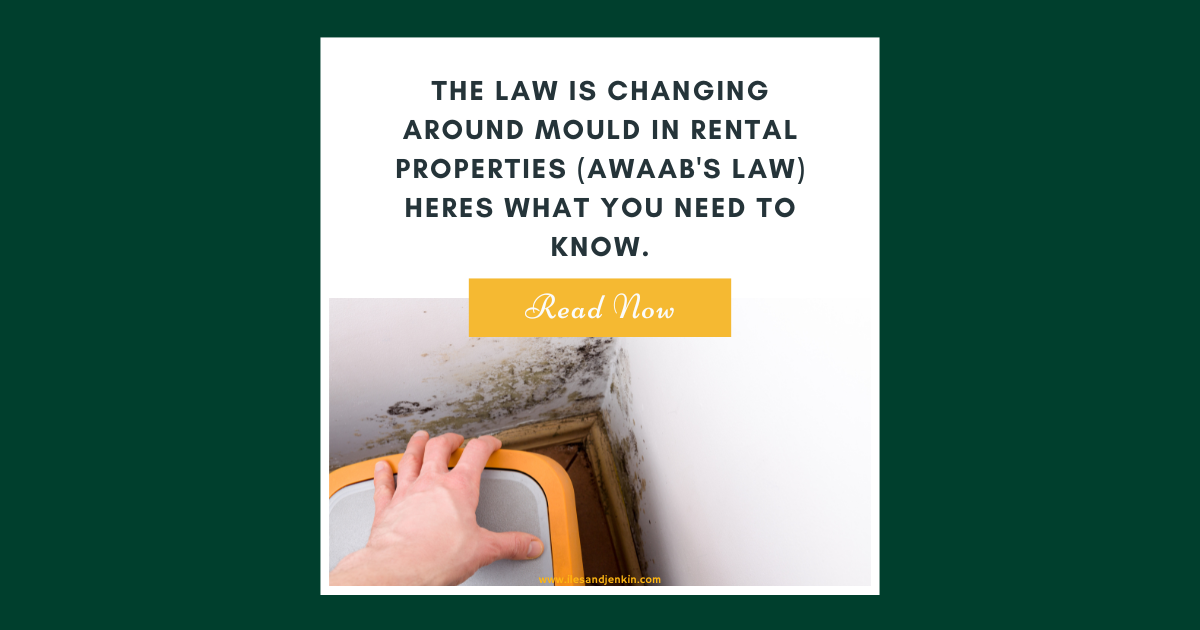
 By
By 
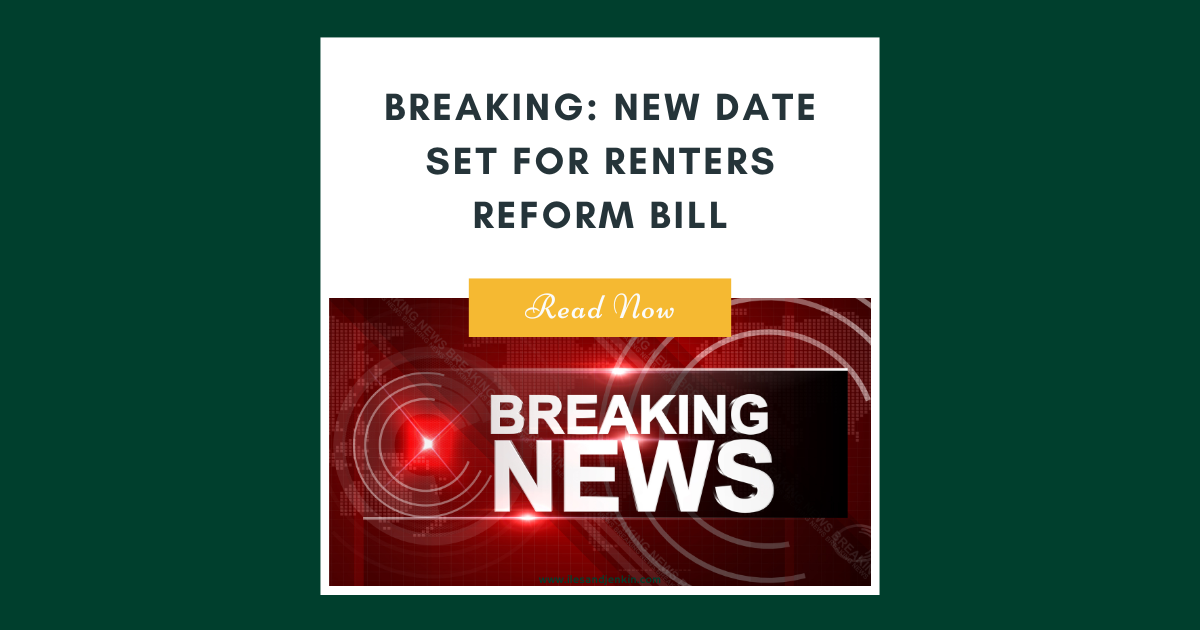

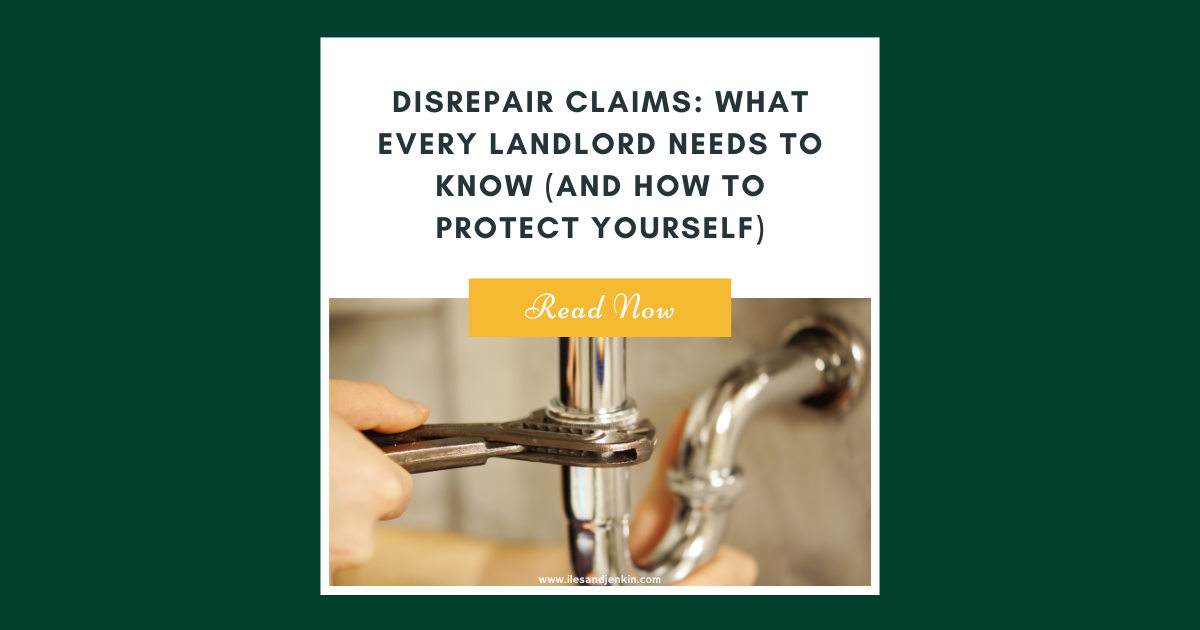
Share this with
Email
Facebook
Messenger
Twitter
Pinterest
LinkedIn
Copy this link